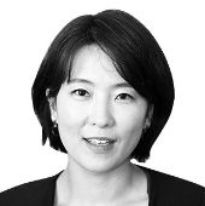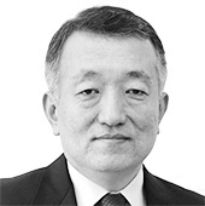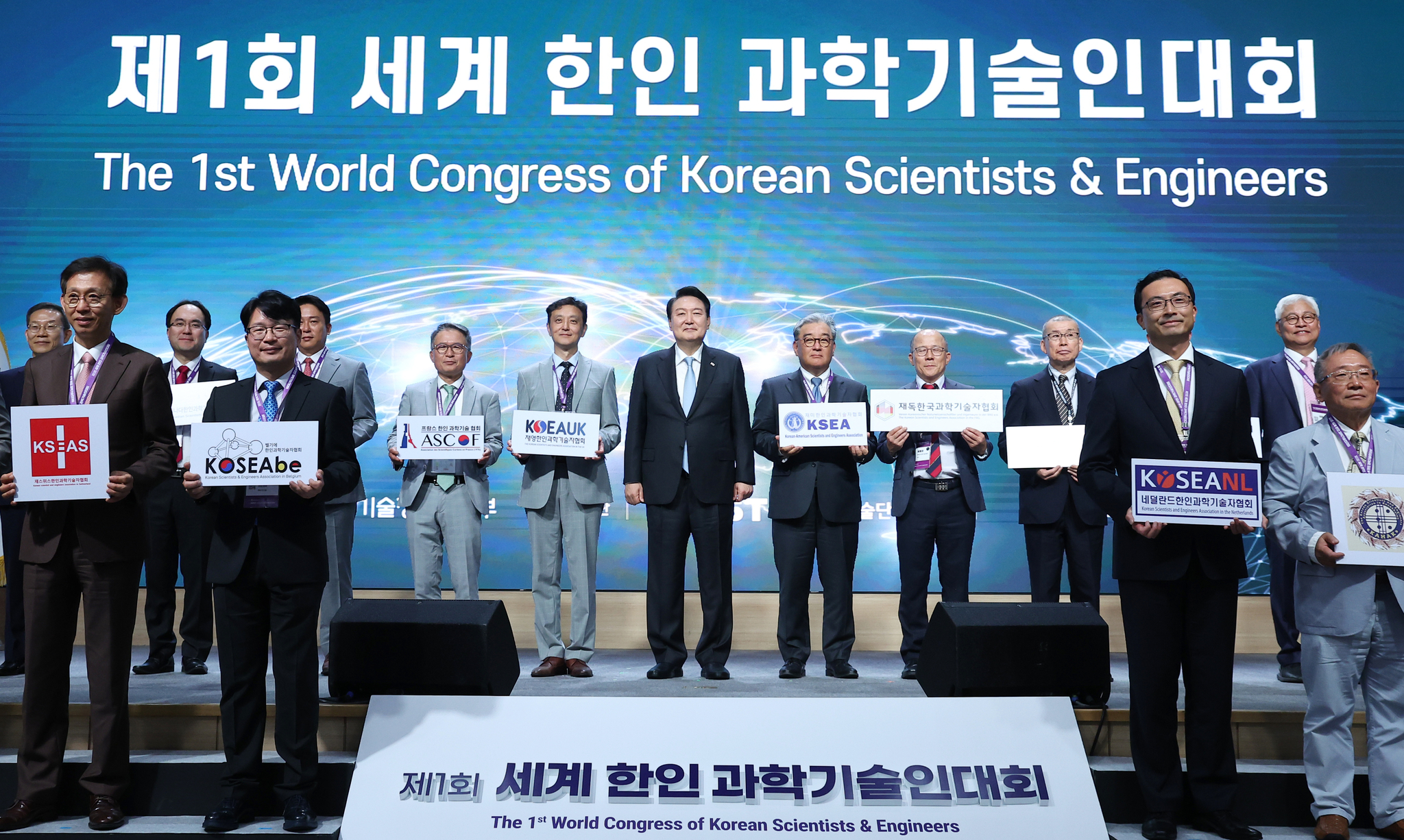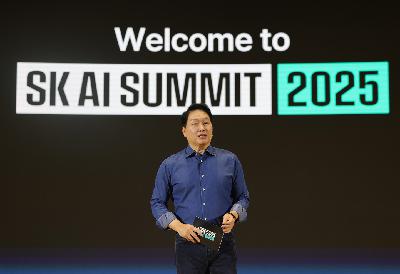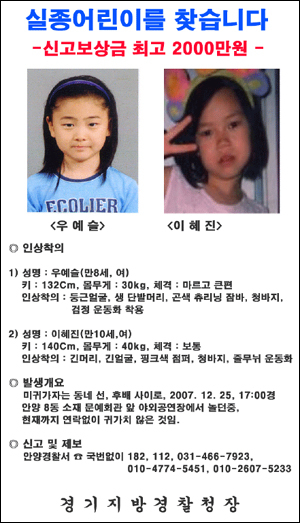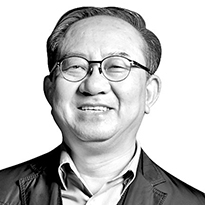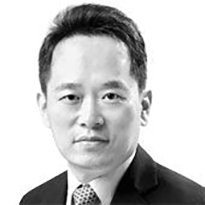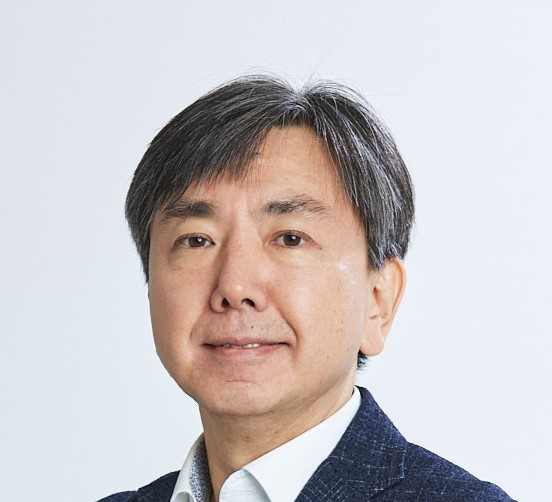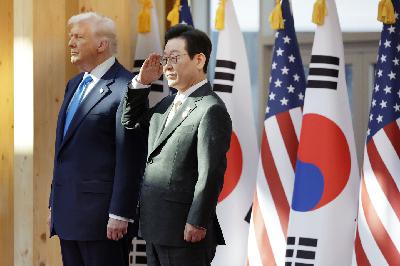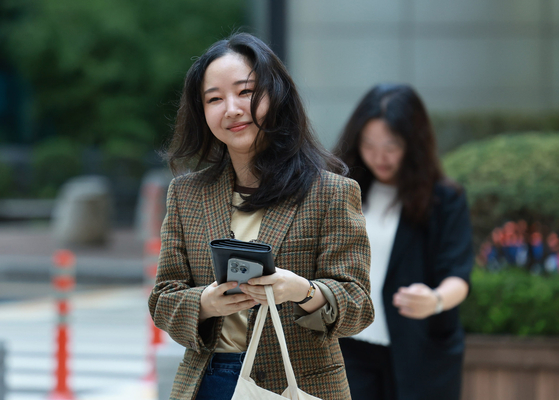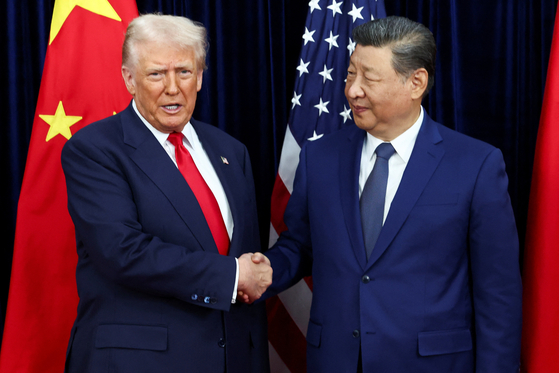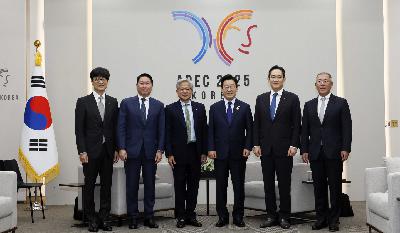Lee signals flexibility on investment barriers for AI
Update: 2025-10-05
Description
President Lee Jae Myung said his administration is considering easing Korea's rules separating the finance and industrial sectors for the artificial intelligence realm, signaling a shift in policy designed to attract more capital into emerging technologies.
In a meeting with OpenAI CEO Sam Altman on Wednesday, Lee said the scale of AI investment is so large that the government should explore limited relaxation of existing restrictions, provided safeguards are in place to prevent monopolistic abuses. The remarks reflect growing recognition that Korea must adapt its financial framework to compete with the aggressive global push into AI by governments and major technology firms.
The separation rules were introduced in 1982 to prevent conglomerates from turning banks into private coffers and to block risks from nonfinancial sectors spilling into the financial system. While there have been partial relaxations, such as for internet banks, the core framework remains intact. Business groups have long argued that the rules, now more than four decades old, do not fit today's corporate environment.
One major restriction is on corporate venture capital units. Under current law, general holding companies cannot own stakes in domestic financial firms. Amendments to the Fair Trade Act in 2021 allowed ownership of corporate venture capital subsidiaries, but only as wholly owned units. Even then, they face constraints: a debt ratio limited to 200 percent of equity, caps on external fundraising at 40 percent and a ceiling of 20 percent of total assets for overseas investments. Companies argue that such hurdles prevent them from channeling both parent and outside funds into new ventures.
Calls for easing these restrictions have been rising. At a National Growth Fund meeting last month chaired by Lee, Celltrion Executive Chairman Seo Jung-jin and Shinhan Financial Group Chairman Jin Ok-dong said they would expand investment if regulations were relaxed. Business leaders and financiers alike stress that there is little justification for blocking capital from flowing into advanced industries such as AI.
Observers also note that the opposite side of the rules deserves review. Financial institutions are barred from holding more than 15 percent of a nonfinancial company, a limit seen as outdated in an era where technology is blurring the lines between banking and industry. Earlier attempts to adjust this framework were abandoned under the previous administration amid criticism of banks' reliance on interest income.
Relaxation of the rules has long faced opposition from parts of the Democratic Party and civic groups. Even modest changes for internet banks during the Moon Jae-in administration met strong resistance. Still, Korea risks isolating itself with regulatory barriers that diverge from global practices. As new industries reshape economies, a more flexible approach may be essential to keep investment flowing.
This article was originally written in Korean and translated by a bilingual reporter with the help of generative AI tools. It was then edited by a native English-speaking editor. All AI-assisted translations are reviewed and refined by our newsroom.
Comments
In Channel



